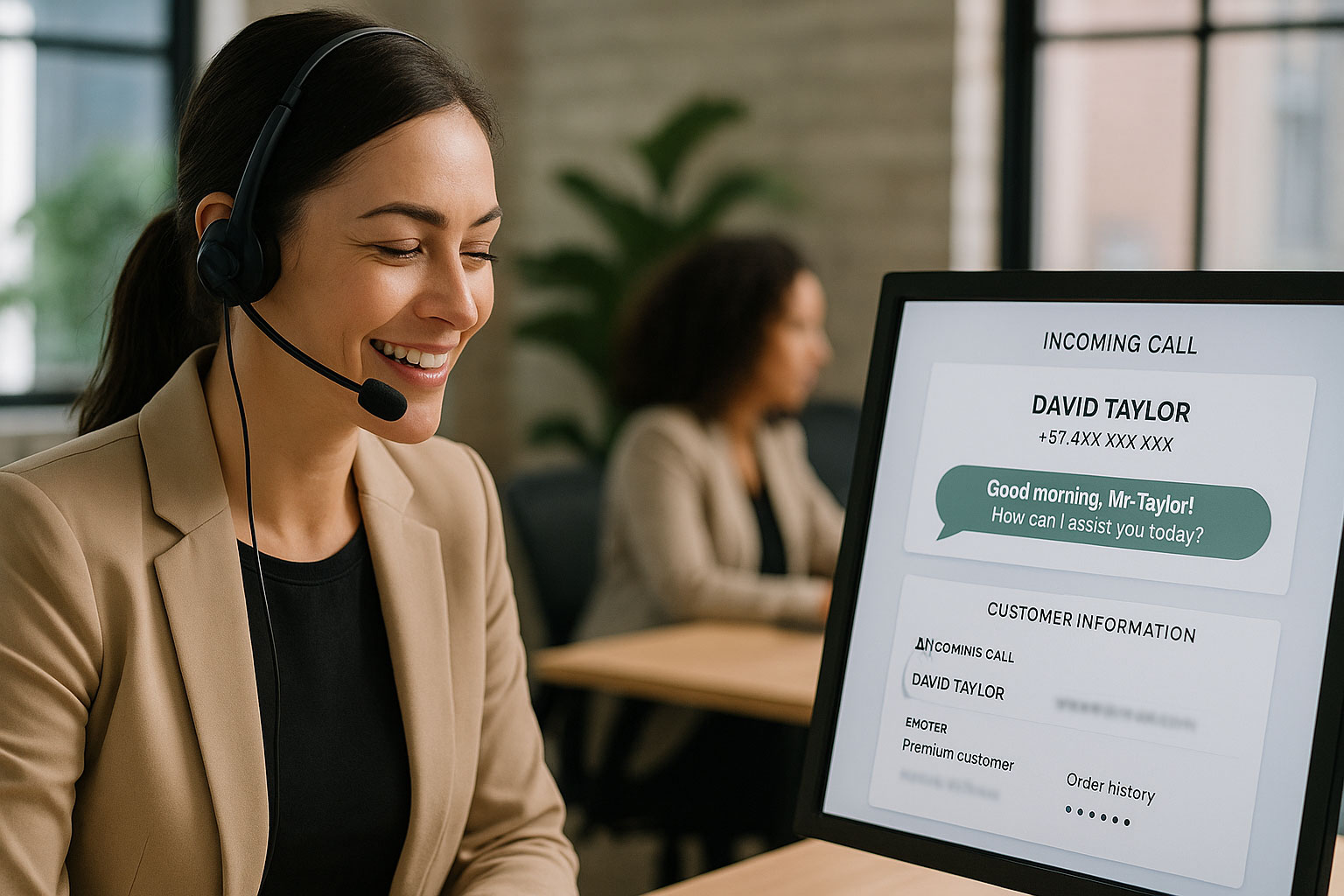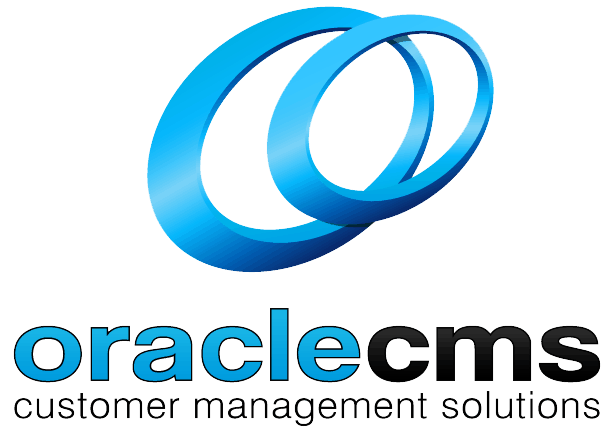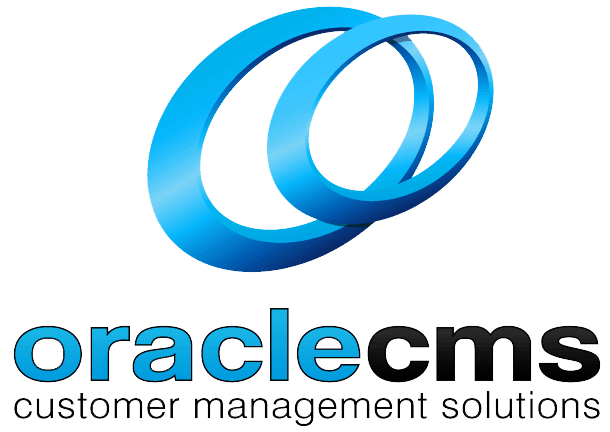
How Personalised Phone Answering Enhances Customer Relationships
Despite the rise of online chat and digital forms, a phone call remains one of the most direct and emotionally charged customer interactions. When callers are met with a rushed, robotic, or impersonal response, the connection breaks. But when the voice on the other end sounds informed, calm, and genuinely attentive, trust is built and trust is what keeps customers coming back.
That’s where personalised phone answering makes a meaningful difference. It transforms an ordinary service touchpoint into a relationship-building opportunity. Services like 24/7 live phone answering services are designed with this in mind combining professional structure with warmth, adaptability, and genuine human interaction.
What Personalisation Really Means on a Call
Personalised answering is more than simply addressing someone by name. It means responding to each caller in a way that reflects their needs, tone, and expectations and doing so in a manner consistent with the business’s identity.
For example, a legal receptionist needs to sound professional and composed, while a veterinary clinic might prioritise warmth and reassurance. A trade service like plumbing or electrical work needs efficiency and urgency without losing courtesy. Personalisation in this sense is about aligning the caller experience with what they’re expecting or hoping to feel when they reach out.
Recognising returning customers, referencing recent issues or appointments, and adjusting tone based on context all contribute to a sense of familiarity and attentiveness. It’s a simple but powerful way to show customers they’re not just another number.
Why Generic Scripts Damage the Experience
Many businesses still rely on generic, rigid phone scripts that don’t allow room for real conversation. This approach is easy to scale but weak in terms of impact. When a customer hears the same flat greeting and inflexible responses, it creates distance. Worse still, it can lead to frustration when they have to repeat information or clarify their reason for calling.
- Generic greetings reduce credibility
- Scripted responses miss emotional or situational nuance
- Customers are often forced to repeat themselves unnecessarily
- The brand voice becomes inconsistent or forgettable
In competitive industries where differentiation is critical, this kind of interaction does more harm than good. People don’t remember flawless scripts they remember how they were made to feel.
Strengthening Relationships One Call at a Time
A well-trained receptionist or answering agent who knows the business and adapts to the caller can make an immediate impact. When an agent responds with interest, relevant context, and the right emotional tone, the customer feels understood. This feeling is more important than almost any resolution outcome because it’s what they remember.
Personalised service increases customer confidence and leads to more consistent engagement. It supports better first-call resolution, reduces the likelihood of complaints, and improves the perceived professionalism of the brand.
It’s also worth noting that much of this success relies on empathy the ability to listen actively and respond in a way that matches the mood and intent of the caller. Tone, timing, and phrasing all contribute to this outcome.
The Importance of Agent Training and Empathy
Technology may provide the tools, but people deliver the experience. The ability to personalise a call depends on how well an agent can adapt in real time. That means active listening, emotional awareness, and sensitivity to caller cues.
Agents need to be trained not only on brand guidelines but on tone variation, conversational pacing, and appropriate language use. Someone calling in distress should not be met with a flat or overly formal response. Similarly, a VIP customer should feel acknowledged and prioritised.
Personalisation doesn’t mean casual it means considered. And that comes from the people answering the calls.
Technology That Supports Personalisation
While tone and delivery come from the agent, technology plays a key supporting role. With the right systems in place, agents can access real-time context and caller history, helping them tailor their approach more effectively.
- CRM integrations that show previous interactions and notes
- Pop-up alerts for VIP clients, flagged issues, or recent escalations
- Account-specific scripts that offer flexibility within brand guidelines
- Smart routing based on call purpose or urgency
These tools don’t replace human skill they enhance it. The agent still chooses what to say, but they do so with more useful context in front of them.
Maintaining Personalisation After Hours
One of the most common breakdowns in customer experience occurs after hours. Customers expect limited service outside business hours, but that doesn’t mean it should feel impersonal. With the right setup, after-hours calls can still be handled with attentiveness and professionalism.
Scripts can be tailored for night-time use while still reflecting the brand voice. Agents can access CRM notes to continue conversations where the day team left off. Escalation paths should be clearly defined to ensure priority calls aren’t lost in a queue.
- Flexible scripting for different time periods or scenarios
- Seamless follow-up tracking for next-day handovers
- Personalised voicemail or SMS acknowledgements when live response isn’t possible
Even when no resolution is available right away, a well-handled call leaves the customer feeling seen and heard.
Industries That See the Biggest Impact
Not every industry demands deep personalisation but many benefit immensely from it. For sectors where timing, trust, and tone are crucial, personalised answering can make a measurable difference.
These industries include:
- Medical and allied health clinics
- Legal services
- Trade and emergency services
- Property management and real estate
- Accounting and financial planning
In each of these, a caller is often dealing with sensitive or urgent matters. How the call is answered sets the tone for the entire relationship.
The Business Value of Personalised Answering
This isn’t just a feel-good strategy it delivers results. Customers who feel understood are more likely to stay, spend more, and refer others. The initial impression formed during that first phone call often shapes their entire perception of your brand.
- Improved customer retention and satisfaction
- More consistent lead-to-conversion rates
- Increased first-call resolution
- Stronger reputation via reviews and word-of-mouth
Even small businesses can compete with large providers simply by offering a more attentive, personalised experience. It’s not about the size of your team it’s about the quality of your conversations.
FAQ’s
Q1: What makes a phone answering service ‘personalised’?
A1: A personalised answering service tailors tone, response flow, and conversation style to the caller’s needs, often using caller history and business-specific guidelines.
Q2: Can small businesses afford personalised answering services?
A2: Yes. Many providers offer scalable plans that include scripting, CRM notes, and flexible responses without requiring a full-time receptionist.
Q3: How does personalisation improve customer loyalty?
A3: When customers feel recognised and understood, they’re more likely to trust the business, return regularly, and recommend the service to others.
Q4: Is technology required to personalise phone answering?
A4: It helps especially CRM tools and call tracking but trained agents with empathy and adaptability remain the foundation of a personalised experience.
Q5: What happens to personalisation after hours?
A5: With access to the right notes and protocols, after-hours agents can deliver consistent tone, context-aware responses, and clear next steps without sacrificing quality.



